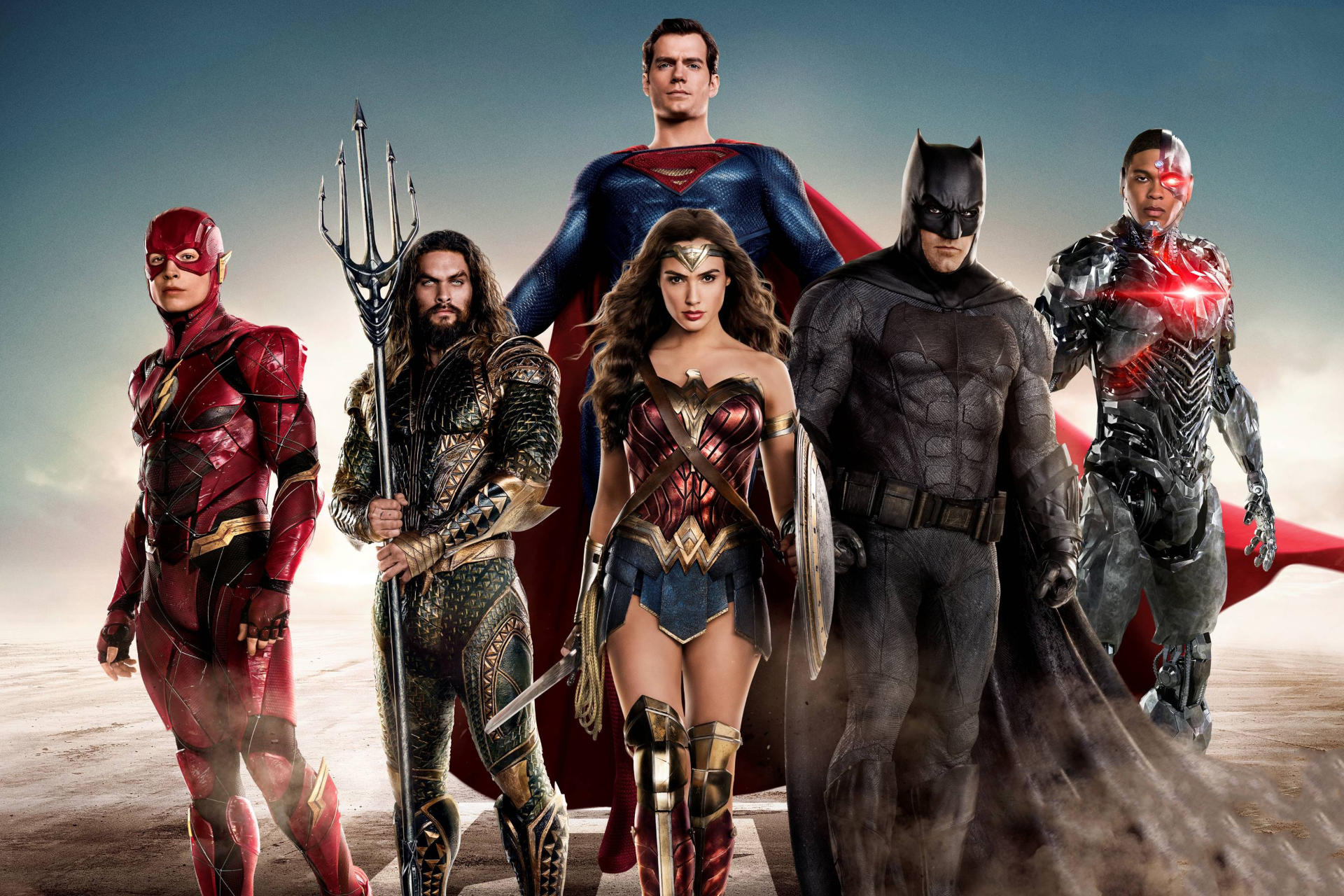Ever since Marvel Comics launched in the early 1960s, they have been rivals with the older, more established DC. When DC introduced the Justice League, Marvel created the Fantastic Four. When Marvel did a major crossover with Secret Wars, DC followed with Crisis on Infinite Earths. The X-Men copied the Doom Patrol (or vice versa), Swamp Thing copied Man-Thing (or vice versa), and so on.
For that reason, no one should be surprised that the newly-installed head of Warner Bros, David Zaslav, would want to emulate Disney’s triumph with the Marvel Cinematic Universe. Many studios have tried to launch their own cinematic universes, some more successfully (The Conjuring and its myriad spin-offs) than others (your light shone too bright, Dark Universe). WB would inarguably fall into the latter category after its attempts to build out a universe based on director Zack Snyder’s Man of Steel and Batman v Superman: Dawn of Justice, unofficially dubbed the DC Extended Universe (DCEU). But the disastrous critical and box office performance of 2017’s Justice League pretty much killed that SnyderVerse, besides a non-canon redux of the film released on HBO Max in 2021. Meanwhile, unrelated projects such as The Batman and Joker suggested that the company was moving away from the shared universe approach altogether.
But in a meeting to address the surprise cancelation of Batgirl, Zaslav openly identified the MCU as the model WB is following for future DC movies.
“We have done a reset,” Zaslav told investors (via The Hollywood Reporter). “We’ve restructured the business where we are going to focus, where there is going to be a team with a 10-year plan focusing just on DC.”
What does that plan look like? Zaslav doesn’t give specific details for his company, but he does point to another business.
“It’s very similar to the structure [former Disney Studios Chairperson] Alan Horn, [former Disney CEO] Bob Iger, and Kevin Feige put together very effectively at Disney,” Zaslav explained. “We think we can build a much stronger, sustainable growth business out of DC.”
While it’s certainly possible that DC can improve on its current position outside of comics, it remains to be seen if the company can even hope to rival Marvel on the big screen. Under Feige’s leadership, Marvel slowly built a cinematic universe off of Iron Man, a heavily-improvised film featuring a B-list hero, establishing new characters before spinning them off into their own films. That approach has made Marvel into the most popular movie franchise of all time, and with the studio well on its way to wrapping up Phase 4 of its storytelling and already planning Phases 5 and 6, DC has a tremendous amount of catching up to do if it ever hopes to pull off a narrative arc as big as the MCU’s Infinity War and Multiverse Sagas
Closer to home, DC also has to deal with the confusing state of its characters in the public imagination. While audiences can likely understand that Christopher Reeve and Michael Keaton played different versions of Superman and Batman than Henry Cavill and Ben Affleck, recent movies and TV shows have given us multiple and simultaneous versions of Batman, Superman, the Flash, the Joker, and others. Furthermore, many still associate DC characters with Snyder’s dour and excessive style, which certainly has its fans, but has also alienated other moviegoers with its idiosyncratic style.
Zaslav’s “reset” hopes to erase that confusion and use the next decade to establish a clear and coherent brand. To that end, he’s hired Horn as a consultant, and is looking for someone to be the Kevin Feige of the DCEU. But decisions like cancelling an anticipated and nearly-completed film suggest more chaos than control.
Will Zaslav manage DC’s crisis and create a new and compelling universe? We’ll likely know sooner rather than later.
